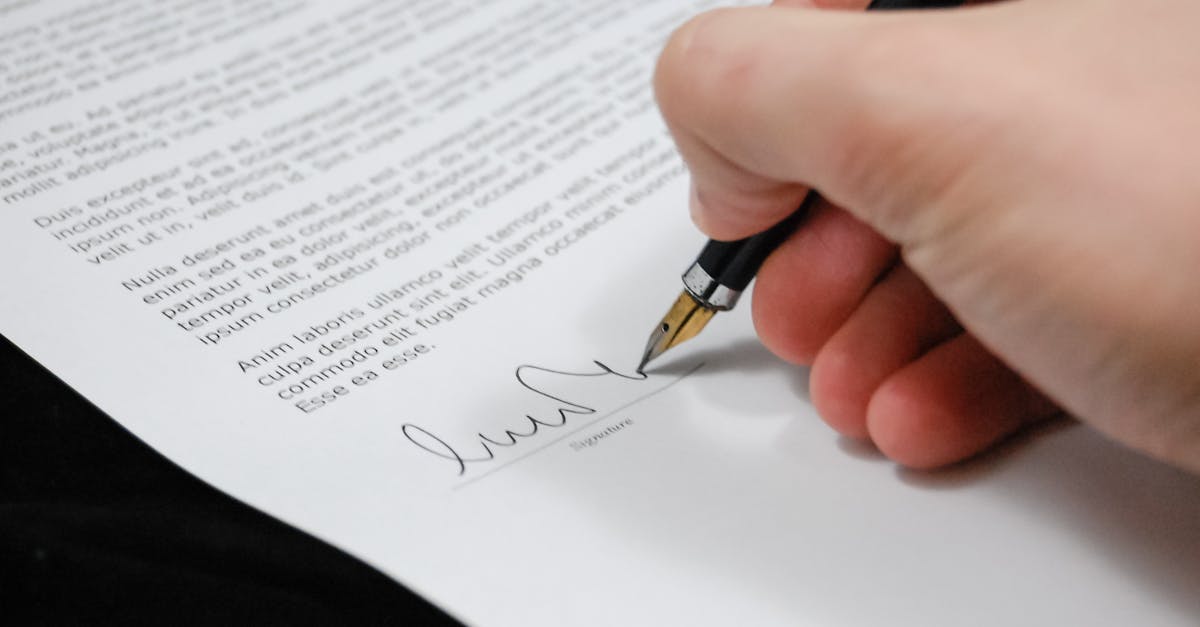A recent announcement revealed significant issues with Hawaii’s Deposit Beverage Container program, commonly known as the "bottle bill." State Auditor Les Kondo told a state Senate committee that the program, in operation for two decades, functions primarily on an "honor system." This reliance on self-reported data has led to alleged fraud and persistent issues. The audit highlights the need for immediate reforms, creating uncertainty for businesses and consumers across the state.
The current system’s shortcomings have been a recurring theme. Civil Beat's examination of the program details how recommendations from previous audits haven't been implemented. The reliance on self-reported data appears to be a major obstacle, allowing for potential discrepancies in the funds owed by beverage distributors or owed to redemption centers. These issues contribute to the challenges faced by the program.
The state legislature is currently considering measures to address these problems. A potential bill could double the deposit fee on beverage containers to 10 cents from 5 cents, as indicated by Hawaii Tribune-Herald. This legislative push aims to incentivize recycling and reduce litter. Maui Now reported that a bill to increase the fee is gaining traction, potentially leading to increased recycling rates and providing income opportunities.
The implications of these problems and potential solutions are widespread. Businesses that rely on the program, such as redemption centers and beverage distributors, may face operational changes. The potential increase in the deposit fee, as reported by Big Island Thieves, could affect consumer behavior and the overall cost of goods. Investors should closely monitor these developments, as adjustments to the program may impact the financial performance of related businesses. The future of Hawaiʻi’s bottle bill hinges on addressing these core issues and implementing meaningful reforms.



